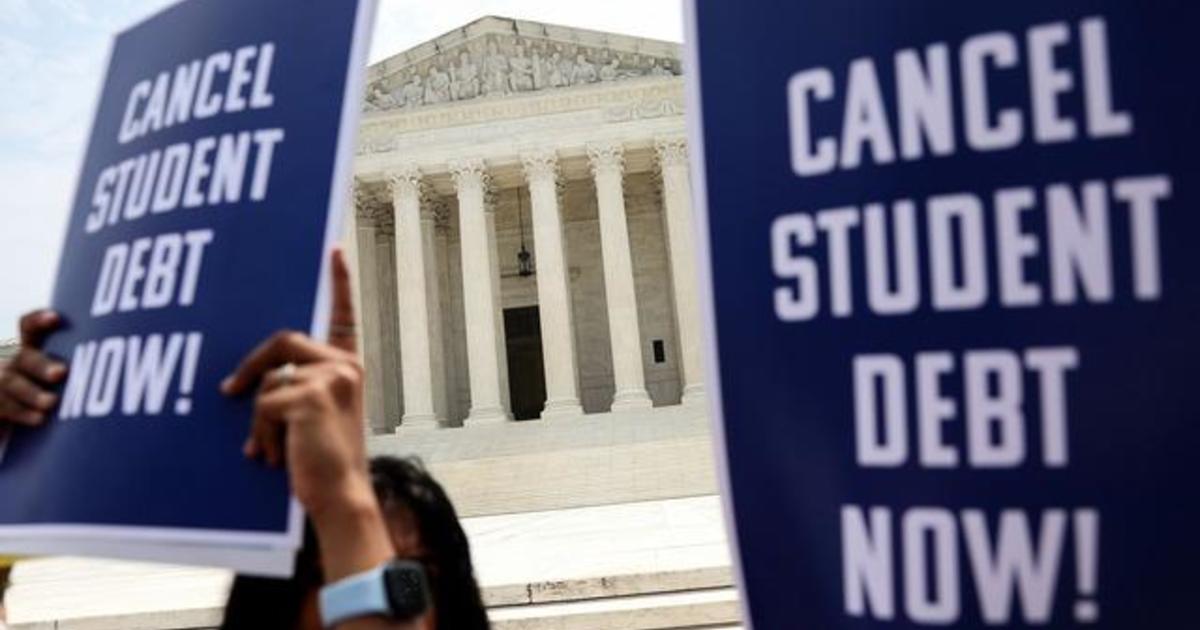The U.S. forgave $757 billion in loans through the Paycheck Protection Program, with most of those benefits going to the wealthy.
Isn’t the difference that one was passed by the legislature and the college loan debt forgiveness wasn’t?
I think the PPP program was a mistake too. But since the government basically forced companies to shut down during the pandemic, it seems fitting it should pay for the damages it caused.
The government did not force student to take out student loans. You took out a loan, you pay it back, not the taxpayers. Also, the student loan program would also mostly benefit the wealthy.
Here’s a nice write up: https://reason.com/2022/08/26/no-ppp-doesnt-justify-bidens-student-loan-bailout/
I think the looming spectre of mass death forced companies to shut down during the pandemic
Perhaps. But the government forced companies to close. So it seems appropriate that the government should reimburse them.
No one “forced” anyone to get a student loan. The government certainly didn’t.
All this is my own opinion, coming from a non-US person, so it’s all based on what info I’ve seen and read.
Afaik, the PPP was intended to protect wages of workers forced to shut down. If it had achieved that at any kind of reasonable success rate (I’d personally be happy with ~80%+ as a minimum) I could agree with the idea.
But that wasn’t the result. The result was the vast majority being put into the pockets of the very rich, with little to no oversight, challenge or penalty. I can’t read minds, but what I like to do is look at results and work backwards to determine intent.
The result of PPP was large amounts of money funnelled to the people who least needed it. I also assume that the government has enough people on payroll who understand legalese and bill writing enough to write in protections to ensure the money is spent as intended or to reclaim it if it wasn’t. I have not heard about this happening.
So to me at least, this seems like it was an easy way for both parties to pay off their donors while winning media points for “helping” the average person.
Given that, I don’t see a reason why a similar amount of money couldn’t be used to assist with the massive student loan debt, which I will freely admit is only a bandaid at best - the entire educational system needs reform around costing.
But at the very least I think it would be a net benefit to the economy. Instead of money being spent repaying loans that increase a figure on a spreadsheet, the money would be spent on consumer goods, housing - all the type of stuff that drives jobs. Hoarding money like a dragon tends to hurt the economy and businesses at large.
My $0.02
Get a new line, this one is overused. Access to education is both a human right and an incredible investment for society. Don’t keep access to economic mobility trapped behind an obscene paywall requiring enormous loans.
You may think it overused, but it’s accurate. Access to education may be a human right (i.e. a person is free to seek out an education), but forcing someone else to pay for it is not.



